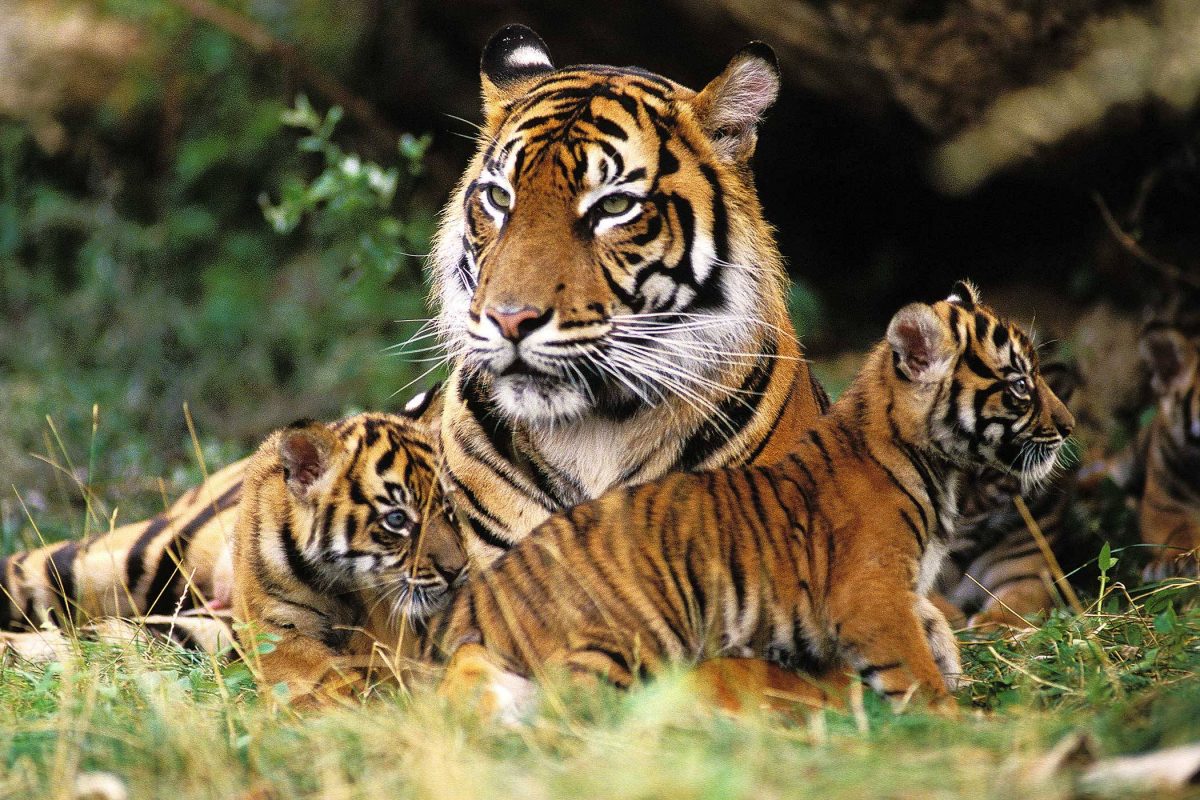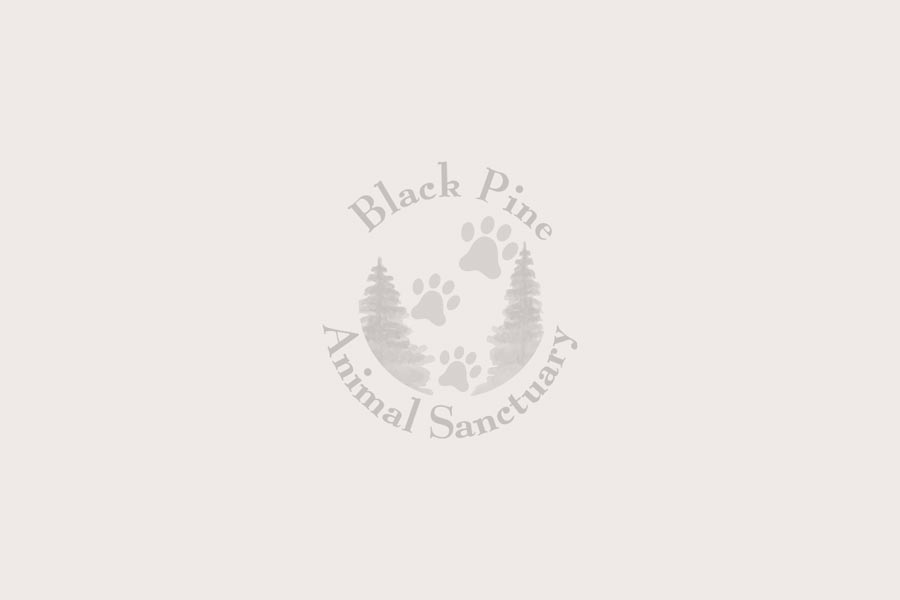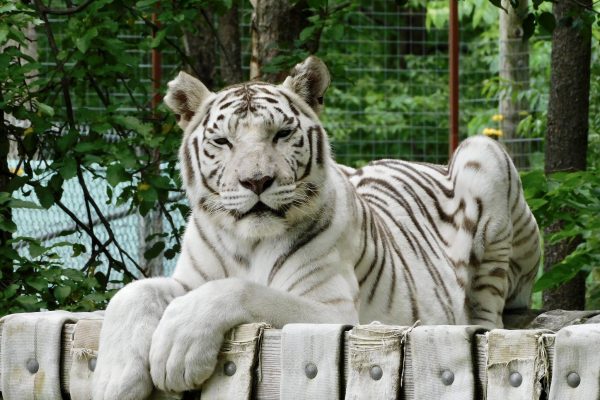
Our sanctuary is acutely aware of the dangers that come along with privately owning big cats like tigers, lions, jaguars, cheetahs, leopards, and cougars. Many of the animals who have found a permanent home at Black Pine Animal Sanctuary were victims of abuse and ill-treatment from private owners and roadside “zoos”.
Thousands of big cats are being kept in captivity across the United States. These are wild animals that can’t be domesticated and pose a serious threat when improperly kept by private owners.
According to the Animal Welfare Institute, there have been at least 400 dangerous incidents since 1990 that involve captive big cats in 46 states. Five children and 20 adults have lost their lives while others have lost limbs and suffered traumatic injuries.
Animal Welfare
While the average cat is a safe animal to keep as a pet in your home, big cats are wild animals that suffer when people try to keep them as exotic pets. These animals are regularly locked in cages and neglected once they are full-grown, as feeding and caring for them becomes too expensive.
Some big cat owners offer cub petting and photo opportunities, which creates a cycle of breeding and trading cubs once they’re too old to interact with the public this way. This is cruel treatment of the cub and the mother cats, as they are often separated immediately after birth.
Wildlife Trafficking
When big cats are owned privately and often overbred, it contributes to a rise in illegal wildlife trafficking. Illegal trade means that many big cats born in captivity are exploited or even killed to fuel black market trade.
Endangered Species
Privately owning big cats is a direct contradiction to worldwide conservation efforts. Once a big cat has been privately kept, it can’t be released into the wild. These cats don’t have the skills and instincts to survive in the wild, so instead, they are placed in sanctuaries and other environments.
This can lead to more species becoming at risk of extinction as fewer and fewer big cats can survive and thrive in the wild.
The Big Cat Public Safety Act Can Help
According to a statement released by the Muskingum County Sheriff’s Office, the Big Cat Public Safety Act is a commonsense bill that will prohibit private citizens from keeping tigers, lions, and other big cats as pets.
The bill will also require current big cat owners to register them so first responders know where they are. It will also end petting and photo opportunities with cubs for commercial exploitation.
The bill exempts legitimate wildlife sanctuaries, colleges and universities, and USDA-licensed exhibitors who do not allow contact with animals.
Muskingum County has a unique perspective on this bill because it was there that a private big cat owner decided to let loose 38 big cats and other exotic animals into the community.
The sheriff was faced with a terrible choice: let the animals roam free and potentially hurt or kill community members or shoot the wild animals to protect the community.
The decision to end the lives of those animals in 2011 took a heavy toll on the sheriff and his deputies, many of which still serve the community today.
This bill is an amendment to the existing Captive Wildlife Safety Act (CWSA) to prohibit both the ownership of big cats and the breeding of cubs for petting and photos.
Read The Bill
Plan Your Visit To Black Pine Animal Sanctuary
We’re the forever home of over 100 exotic and wild animals and are accredited by the Global Federation of Animal Sanctuaries. Our sanctuary has over a half-mile of paved trails winding through a wooded area with a variety of habitats for foxes, tigers, wolves, bobcats, leopards, and bears.
We also have indoor habitats created to house reptiles, primates, and birds. We are open for staff-guided tours of the sanctuary from May 8 – October (weather permitting) Thursday – Sunday.
You can always be sure that our animals are treated ethically and keeping them and visitors safe is our #1 priority!






